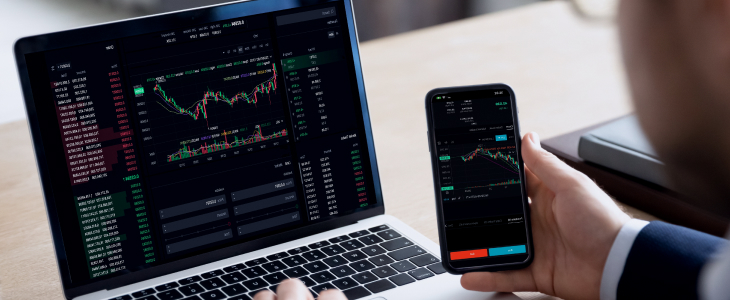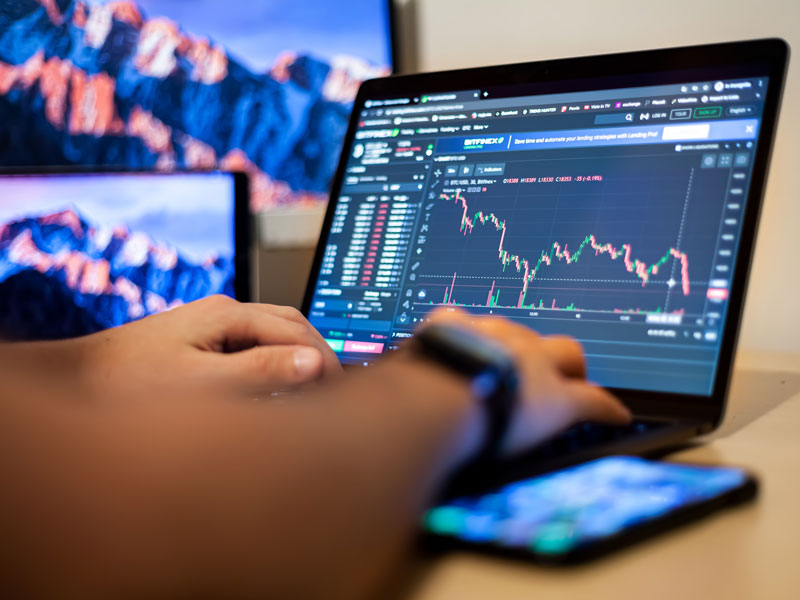
What is Forex Trading?
Forex trading, also known as foreign exchange trading or currency trading, involves the buying and selling of currencies on the foreign exchange market with the aim of making a profit. The forex market is the largest and most liquid financial market in the world, trading trillions of dollars each day. In this comprehensive guide, we will explore the basics of forex trading, including its history, how it works, the factors that affect currency prices, and strategies for successful trading. For additional resources and insights into forex trading, you can visit what is forex trading https://acev.io/.
A Brief History of Forex Trading
The concept of exchanging currencies dates back to ancient times when merchants would trade goods and services in different regions. However, modern forex trading began to take shape in the 1970s when countries moved away from the gold standard and adopted floating exchange rates. This shift allowed currencies to fluctuate in value based on market forces, leading to increased trading opportunities.
How Does Forex Trading Work?
Forex trading involves the exchange of one currency for another, and it is conducted through a decentralized global market. Traders buy one currency while simultaneously selling another, which is known as a currency pair. Each currency pair has its own exchange rate, which indicates how much of the quote currency is needed to purchase one unit of the base currency. For example, in the EUR/USD currency pair, the euro (EUR) is the base currency, and the US dollar (USD) is the quote currency.
Major Currency Pairs
The forex market consists of various currency pairs, but the most widely traded pairs are known as major pairs. These include pairs such as EUR/USD, USD/JPY, and GBP/USD. These major pairs are characterized by high liquidity and tight spreads, making them attractive for traders.
The Role of a Forex Broker
To participate in forex trading, individuals typically open an account with a forex broker. Brokers act as intermediaries between traders and the forex market, providing access to trading platforms, charts, and analytical tools. Brokers can be either market makers or direct market access (DMA) brokers, with differing methods of executing trades.
Factors Affecting Currency Prices

Currency prices are influenced by various factors, including economic indicators, geopolitical events, and market sentiment. Key economic indicators such as inflation rates, interest rates, and employment figures can provide insights into a country’s economic health, affecting its currency’s value.
Central Banks and Their Impact
Central banks play a crucial role in the forex market as they implement monetary policy to control inflation and stabilize their economies. Actions taken by central banks, such as interest rate changes and quantitative easing, can lead to significant fluctuations in currency values.
News and Economic Reports
Traders must stay informed about economic news and reports, which can have a considerable impact on currency prices. Economic releases such as Gross Domestic Product (GDP) data, employment statistics, and consumer spending reports can lead to increased volatility in the forex market.
Forex Trading Strategies
Successful forex trading requires a well-defined strategy. Traders often employ technical analysis, fundamental analysis, or a combination of both to make informed trading decisions.
Technical Analysis
Technical analysis involves analyzing historical price movements and using chart patterns, indicators, and trend lines to predict future price movements. Traders utilize various tools to identify entry and exit points for their trades, focusing on price action and market trends.
Fundamental Analysis
Fundamental analysis, on the other hand, involves evaluating economic data and geopolitical events to understand the underlying factors that drive currency prices. Traders who utilize fundamental analysis often follow news releases and reports, adjusting their positions based on economic developments.

Risks Associated with Forex Trading
While forex trading can be lucrative, it also carries inherent risks. The use of leverage amplifies both potential profits and losses, making risk management crucial for traders. It’s essential to practice proper risk management techniques to protect your capital and avoid significant losses.
Leverage and Margin Trading
Leverage allows traders to control a larger position with a smaller amount of capital. While this can increase potential profits, it also amplifies losses. Margin trading requires a thorough understanding of leverage and risk to avoid margin calls and the potential loss of funds.
Psychological Aspects of Trading
Trading psychology plays a significant role in a trader’s success. Emotions such as fear and greed can cloud judgment and lead to impulsive decisions. Maintaining discipline and adhering to a trading plan is vital for long-term success in forex trading.
Getting Started with Forex Trading
If you’re interested in forex trading, here are some steps to get you started:
- Educate Yourself: Learn the basics of forex trading, including terminology, trading strategies, and risk management techniques.
- Choose a Reliable Broker: Research and choose a reputable forex broker that aligns with your trading goals and provides a suitable trading platform.
- Practice with a Demo Account: Many brokers offer demo accounts allowing you to practice trading with virtual money before risking real funds.
- Develop a Trading Plan: Create a trading plan that outlines your trading goals, risk tolerance, and strategies.
- Start Trading: Once you’re comfortable with your knowledge and experience, you can start trading with real money.
Conclusion
Forex trading offers numerous opportunities for individuals seeking to profit from currency fluctuations. By understanding the fundamentals, developing a robust trading strategy, and practicing effective risk management, traders can navigate the challenges of the forex market. Whether you’re a beginner or an experienced trader, continuous learning and adaptation are key to achieving success in the dynamic world of forex trading.
